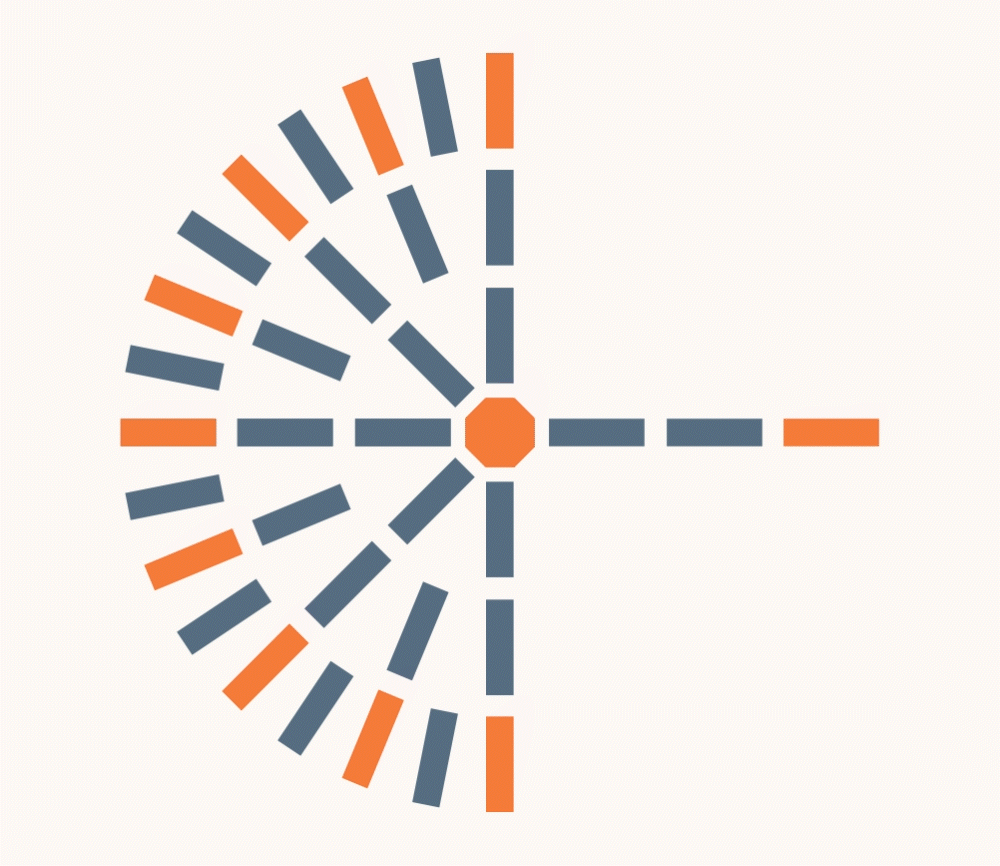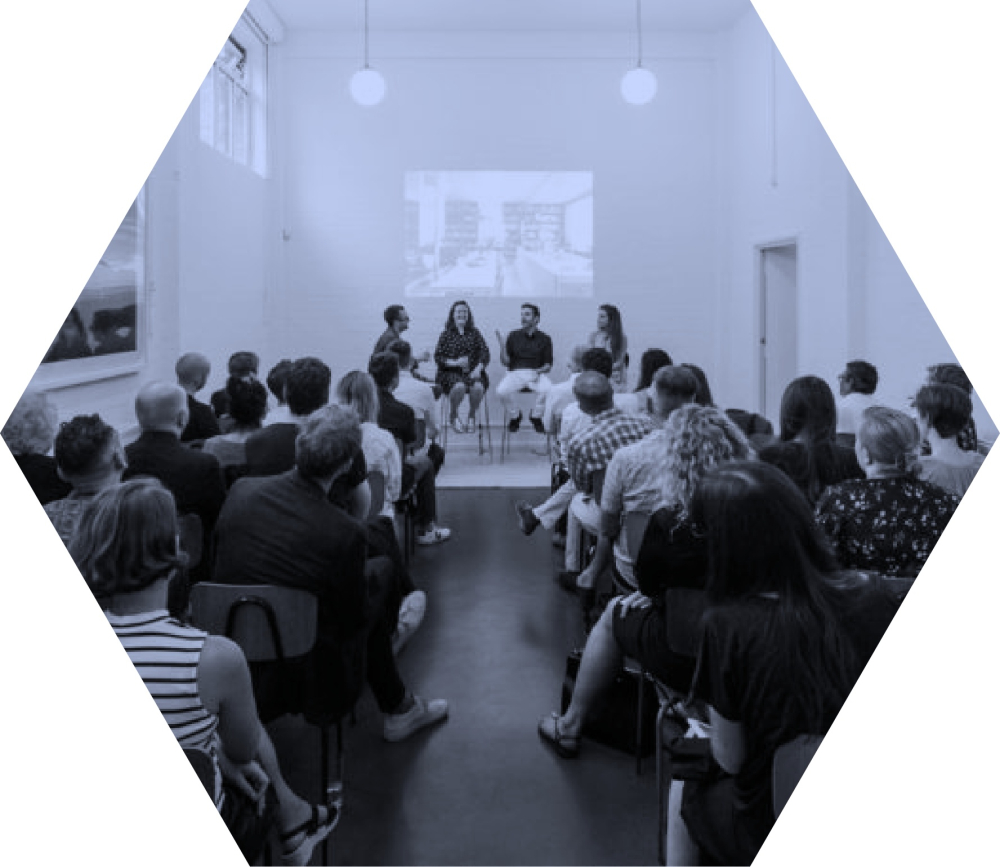Patient and Public Involvement
We want to build a bigger picture around young people and their mental health.
We’re carrying out extensive patient and public involvement and engagement (PPIE) to support the development of Timely. Input from the public – and from the people who might use the tools – is key to the project, so we want to hear from people who can help us decide which data should be used, for what purposes, and who should be able to use it.
We also want to discuss things like what should happen when a young person is identified as possibly developing mental health problems, and how we can use the digital tools we’re developing to support treatment decisions. This work is being carried out with support from the THIS Institute and the Kavli Centre for Ethics, Science, and the Public.
Finally, any AI-driven tools we develop need to be human-centred. That means it needs to be designed to be helpful and understandable to the people that are using it, rather than people needing to adapt to fit around the new technology. To help us with this, we are working with the Centre for Human Inspired Artificial Intelligence.
We’ve already carried out an in-depth consultation with members of the public which featured workshops, citizens juries, and feedback sessions. We developed a diverse patient and public involvement (PPI) programme in collaboration with Anna Freud, which revealed strong support from families for a suite of digital tools that could identify mental health problems in children and young people and signpost them to sources of support. But we’re not finished – so if you’d like to help us develop the project, we’d love to hear from you.

We’re working with the public and mental health experts on translating AI algorithms into digital tools.

What happens when a young person is thought to be developing mental health problems?

How can we use digital tools to support better treatment decisions?

We need the people whose data we’re using to help us build new tools and clinical pathways.
We’re working with the public and mental health experts on translating AI algorithms into digital tools.
What happens when a young person is thought to be developing mental health problems?
How can we use digital tools to support better treatment decisions?
We need the people whose data we’re using to help us build new tools and clinical pathways.
Would you like to get involved?
We want to hear from people who would like to get involved in the project. One way you can do this is through the CA:RING which brings together young people and parents with researchers working in children’s healthcare.
Keep checking this page for more opportunities, or email our Patient and Public Involvement and Engagement lead, Jessica Young on jy549@cam.ac.uk